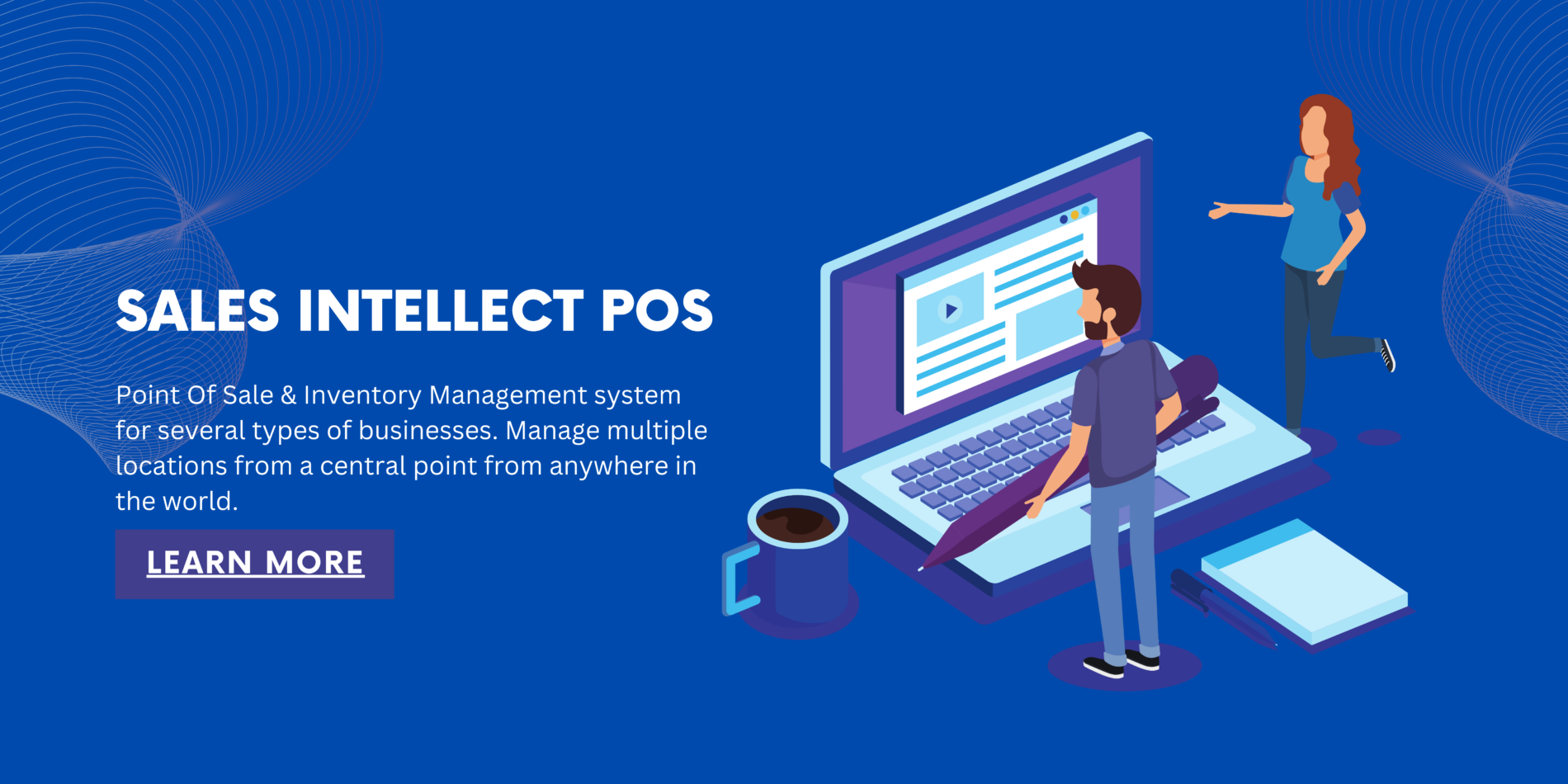
Three factors to consider when purchasing a point-of-sale solution:
When you acquire a point of sale, it is not the same as making a one-time transaction with no intention of knowing or staying in contact with the service provider. A point of sale is a service, and your connection with the seller will continue as long as you use their system. To get value and satisfaction out of your purchase, consider the following factors:
1. Expertise or Experience

You must ensure that the seller has a thorough understanding of the point-of-sale system that they are offering; currently, there are numerous cracked programs that anyone can just download and install for you without a complete understanding of the software.
This means that you are putting your business in danger because you are purchasing software from someone who will not maintain the system if you encounter a problem with the POS, which is generally the case. When this occurs, you will be forced to either look for another system or hire an expert who can support the software that you are currently using; obviously, they will not do so for free, so you will end up spending more money than you thought you would when you initially purchased a cheaper POS system.
How can you ensure that someone understands exactly what you want to achieve with the point-of-sale system? That brings us to the second point.
2. Request for a Demo

Request an online or in-person system demonstration before making a choice. This allows you to observe the system in operation and determine whether the service provider possesses in-depth expertise with a point-of-sale system that fits your workflow. The majority of customers are lured in by the market’s low prices, but they often overlook the most crucial factor—that is asking for specific features that are essential to their line of business and after-sales support.
3. Look for Value, Not Price
The majority of customers are more worried about the price of the service than the benefits of making the purchase. Because of this way of thinking, a lot of customers will wind up purchasing cheaper solutions that can only perform half of what they need to run their business smoothly. Some have even resorted to purchasing inferior, second-hand electronics. Purchasing cheap devices can be costly in the long run; instead, invest in long-lasting, brand-new devices that come with a long-term warranty.


2 Comments.
Absolutely right, this information needs to be communicated to the customers so that they make informed decisions. We have a number of clients who came to us crying that they bought some devices that switched off and never came back on a month after they purchased. Sadly the guy was not picking their calls any more.
Thank you, very informative.